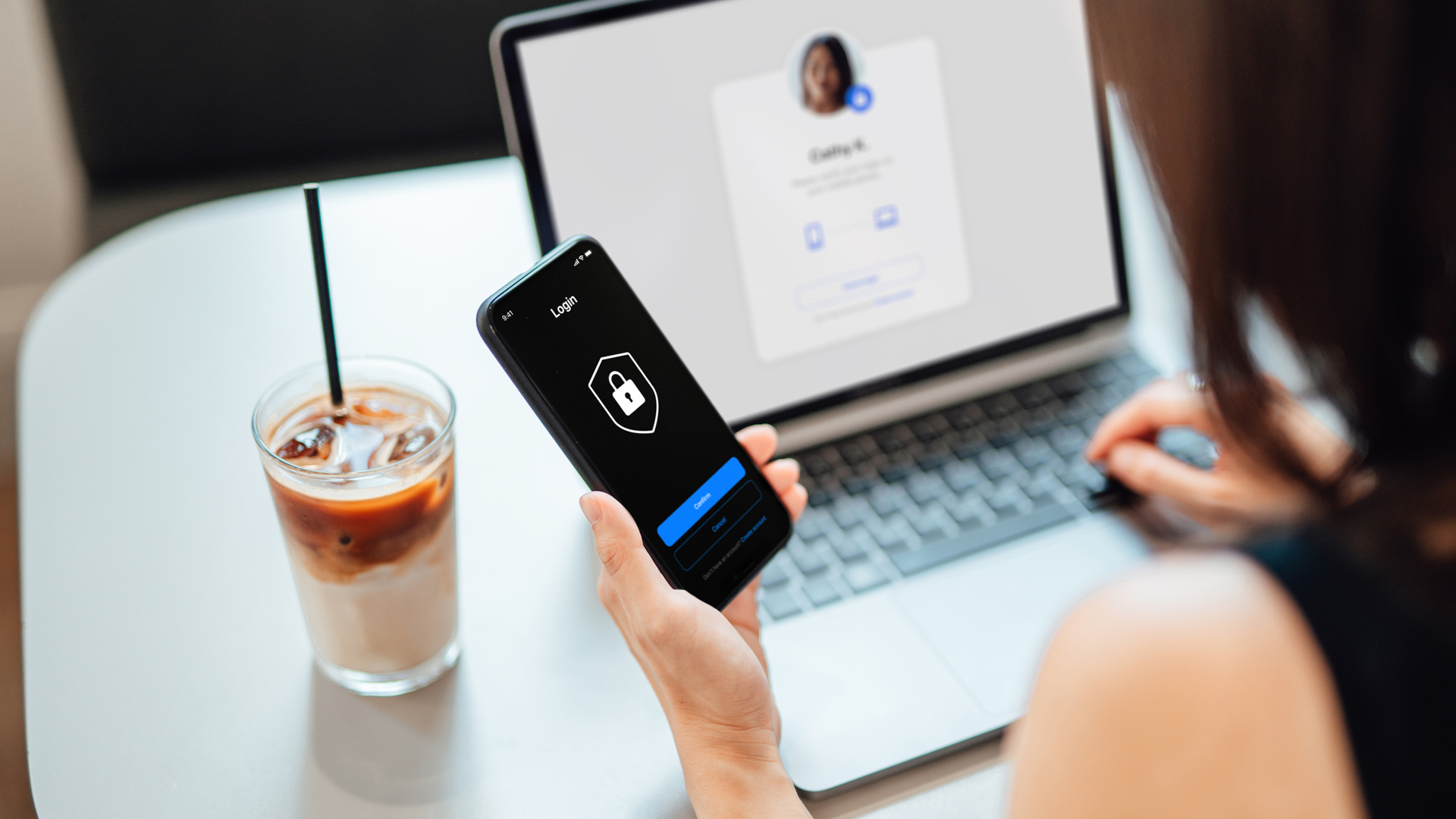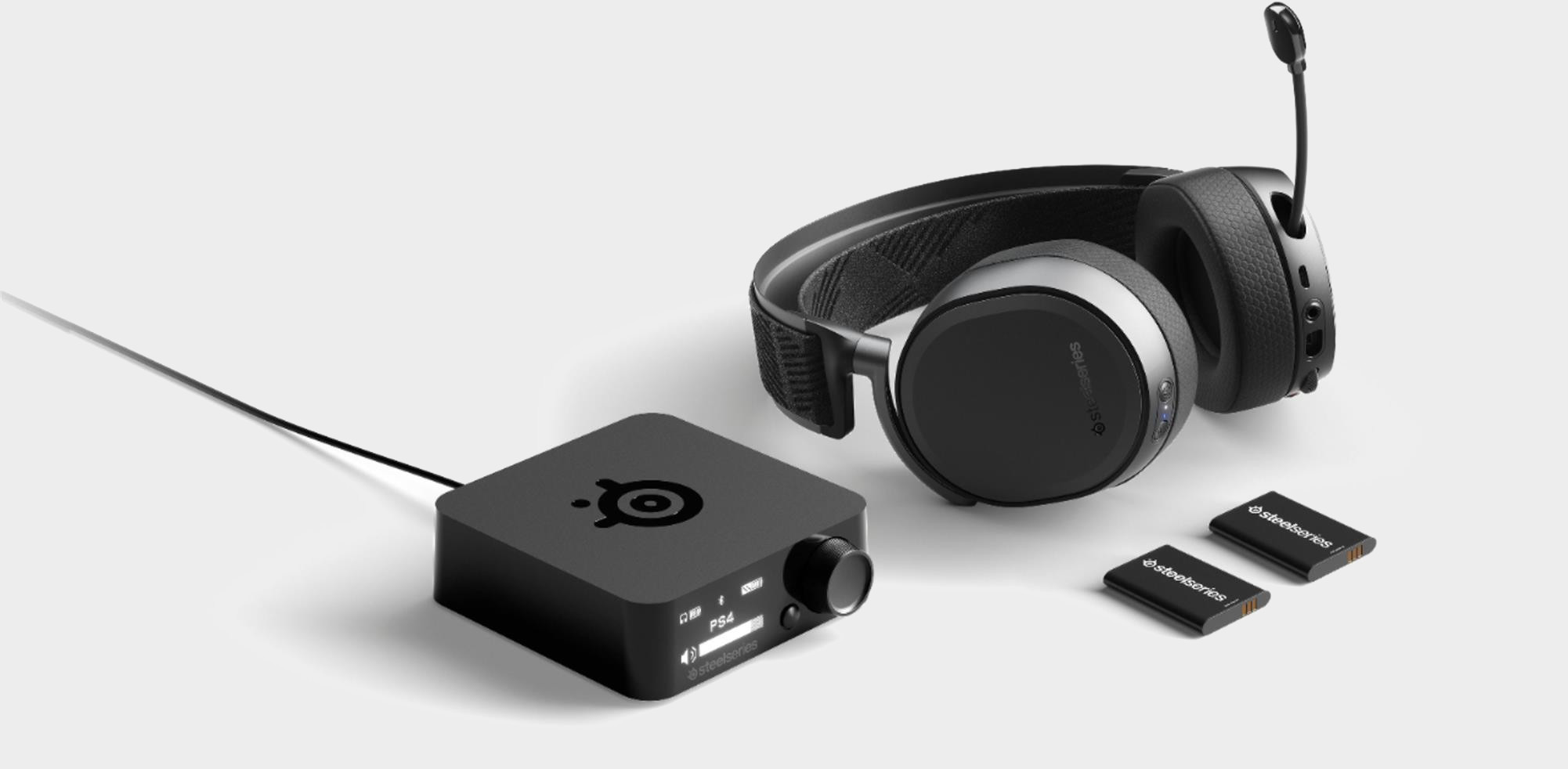Dell's cam-based privacy feature watches you so you don't get watched
If you want privacy, let your laptop keep a close eye.

Dell is pulling some privacy trickery with the introduction of intelligent privacy features to their next generation of machines, the ones with cameras anyway. The technology is meant to keep your sensitive data safe from people trying to snoop over your shoulder, or send malevolent messages to your mum when you're away from your machine.
We'll get into how all this works in a moment, but there's something to be said about the irony of trading privacy for privacy.
It comes as part of Dell's announcement of Optimizer—a bunch of hardware-based improvements to performance, battery life, networking and privacy, that'll be coming to workstations, Latitude and OptiPlex machines, and rugged laptops.
Essentially, it's similar to Lenovo's privacy solution, unveiled at CES 2022, which has your laptop send you visual clues or activate on-screen blurring when someone's detected looking over your shoulder. It also locks your PC when you leave, and dims your screen when you're looking away from it.
Dell's Intelligent privacy works this way too, and even adds ExpressSign so you can get back to working when your machine detects your face has returned.
It's a little difficult for me to parse, this somewhat contradictory idea of letting your camera keep tabs on your every move so passers by don't peep your bank details. Biometrics and privacy is a whole kettle of fish I don't necessarily want to get into right now, but the irony is not lost on me.

Best wireless gaming mouse: ideal cable-free rodents
Best wireless gaming keyboard: no wires, no worries
Best wireless gaming headset: top untethered audio
I guess that's a tradeoff people are willing to make, and will depend how sensitive the data you'll be working on in public is. Though I imagine the majority of us will be searching for a way to turn it off by default the second we get our machines.
Keep up to date with the most important stories and the best deals, as picked by the PC Gamer team.
If not for the chilling thought that the camera will be always watching, then over the more practical notion that, however smart this thing is, it'll probably end up thinking the clock on the wall behind me wants to steal my data—that could end up making life difficult.

Screw sports, Katie would rather watch Intel, AMD and Nvidia go at it. Having been obsessed with computers and graphics for three long decades, she took Game Art and Design up to Masters level at uni, and has been rambling about games, tech and science—rather sarcastically—for four years since. She can be found admiring technological advancements, scrambling for scintillating Raspberry Pi projects, preaching cybersecurity awareness, sighing over semiconductors, and gawping at the latest GPU upgrades. Right now she's waiting patiently for her chance to upload her consciousness into the cloud.

